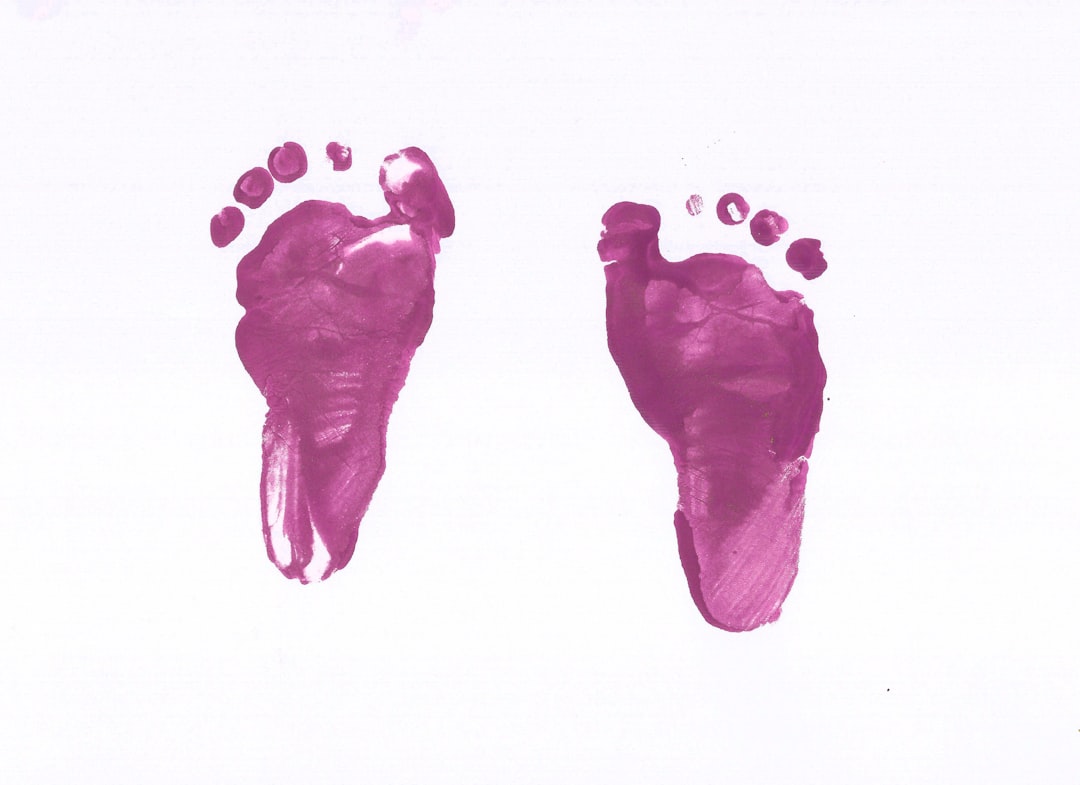What is it about?
One of the main concepts in current evolutionary models of antibiotic resistance is that resistance genes can persist in bacterial populations over the long term because bacteria evolve compensatory adaptations that offset the cost of resistance. In this work, we argue that compensatory adaptation occurs less frequently than previously thought in populations of antibiotic resistant bacteria, because population genetic principles predict that it should be difficult for bacterial populations to evolve compensatory adaptations unless the cost of resistance is high. We tested our predictions by performing experimental evolution on rifampicin-resistant mutants of the opportunistic pathogen P. aeruginosa in conjunction with extensive whole-genome sequencing. Using this approach, we find striking differences in the genetic basis of adaptation depending on the initial cost of resistance. Consistent with our predictions, we find that populations founded by costly rifampicin resistant mutants adapt via compensatory mutations, whereas populations founded by low-cost mutations evolve increased fitness as a result of selection for generally beneficial mutations. By sequencing a time series of intermediate populations initiated by intermediate-cost rifampicin resistance mutations, we inferred that general adaptation tends to precede compensatory adaptation and imposes a constraint on the acquisition of compensatory mutations during adaptation.
Featured Image
Why is it important?
Our findings have implications for our understanding of the evolutionary dynamics of antibiotic resistance and the interpretation of whole-genome sequence data from clinical bacterial pathogens.
Read the Original
This page is a summary of: The genomic basis of adaptation to the fitness cost of rifampicin resistance in
Pseudomonas aeruginosa, Proceedings of the Royal Society B Biological Sciences, January 2016, Royal Society Publishing,
DOI: 10.1098/rspb.2015.2452.
You can read the full text:
Contributors
Be the first to contribute to this page










